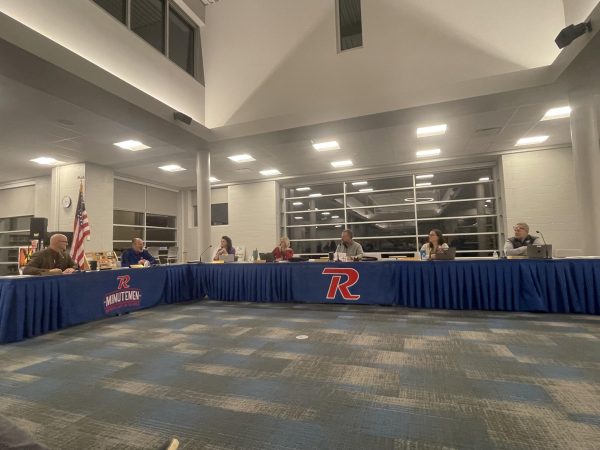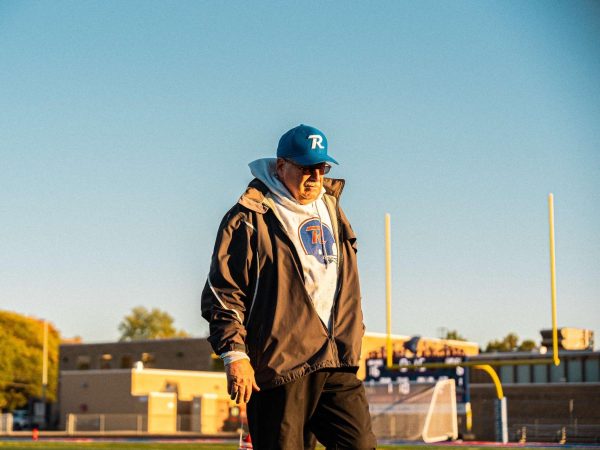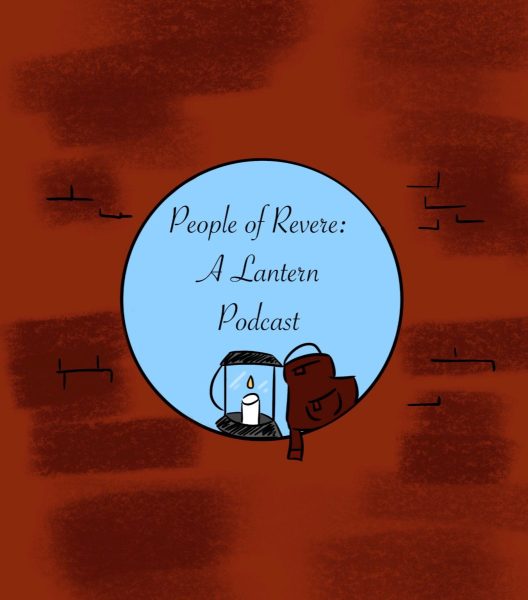The rise of Fantasy Football: positive or negative?

Philips Rivers or Joe Flacco? Jamaal Charles or Demarco Murray? The struggle of who to start versus who to sit could continue forever. Some would say “What does that even mean?”Any fantasy football user could readily tell you. If you don’t know what I’m talking about, I’ll explain.
Fantasy Football involves creating a league of ten to twelve friends, then having a draft where every member of the league constructs a team out of current National Football League (NFL) players. Every player can only be on one team, so two people in the same league cannot pick the same player. After everyone has drafted their teams, the competition aspect comes into play. Every week of the NFL regular season, league members are pitted against one another. Then, every NFL player’s performance is scored and awarded a number of points. League members must choose which members of their team to “start,” which means that however that player performs that week, their points count towards the total that determines the winner. An example of this can be best shown when one attempts to choose a starting quarterback (In most leagues, you can only start one.) A wrong decision could mean the difference between winning or losing. If one plays a stronger passing defense than the other, the points differential could be above twenty, causing angst and regret that has the potential to ruin a perfectly good Sunday.
Some might say “Who cares?” According to the New York Post’s website, only about one quarter of Americans regularly play fantasy football. But one quarter of all Americans equals close to seventy-five million people, all of whom go through each week of the NFL season with both excitement and dread. All of whom constantly brag, complain, or trash-talk about their teams. Therefore, the answer to the question is simple: Lots of people care about fantasy football.
Some may even ask “Why does any of this matter?” The answer is simple: money. According to the Forbes website, total revenue generated from fantasy football topped out around seventy billion dollars last year. That averages out as more than the GDP of Puerto Rico, Nicaragua, and Honduras combined. Now, that may not be a good thing, but it sure shows that fantasy football certainly does matter, and has become an absolute juggernaut in the business world.
Another crazy aspect of fantasy football is daily fantasy football (a smaller subset of fantasy football). Daily fantasy football companies such as FanDuel and DraftKings take in profits of around six billion dollars per season. The catch there is that FanDuel only employs around eighty people and makes more than four billion dollars per season. That comes out to around fifty million dollars per employee. If that’s not genius, I don’t know what is.
There is a problem with fantasy football: it is almost impossible to escape. FanDuel and DraftKings have recently flown to the top of the spending list in the United States when it comes to TV advertising. In week two of the 2015 NFL regular season, these two companies shelled out more than twenty seven million dollars for television advertising. According to the New York Times website, if you have watched a full NFL game, you have seen at least two fantasy football ads per quarter. I love football, but if I have to see another drunk white dude tell me how much he loves FanDuel one more time, I may be forced to boycott the television entirely.
How does fantasy football pull in more than seventy billion dollars a year? No one seems sure. Why do FanDuel and DraftKings advertise more than any other company? I can’t even begin to understand, but I know it makes football commercials a chore to sit through. The basic idea of fantasy football is fun. If you play in a good league with friends, it can be a lot of fun. However, it seems to have gotten way out of hand. A sports game probably shouldn’t make more cash than several countries combined; that seems excessive. However, I’ll admit that beating your friend by thirty points during the last game of the week because Andrew Luck forgot how to throw a football is a pretty great feeling.







